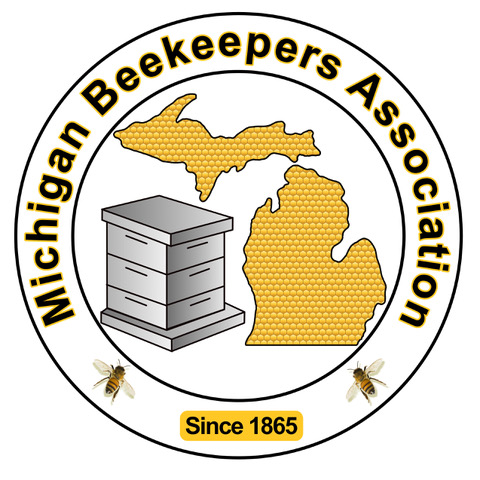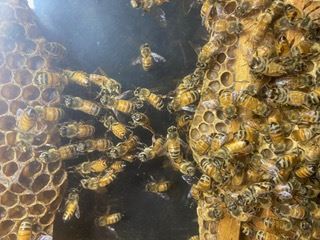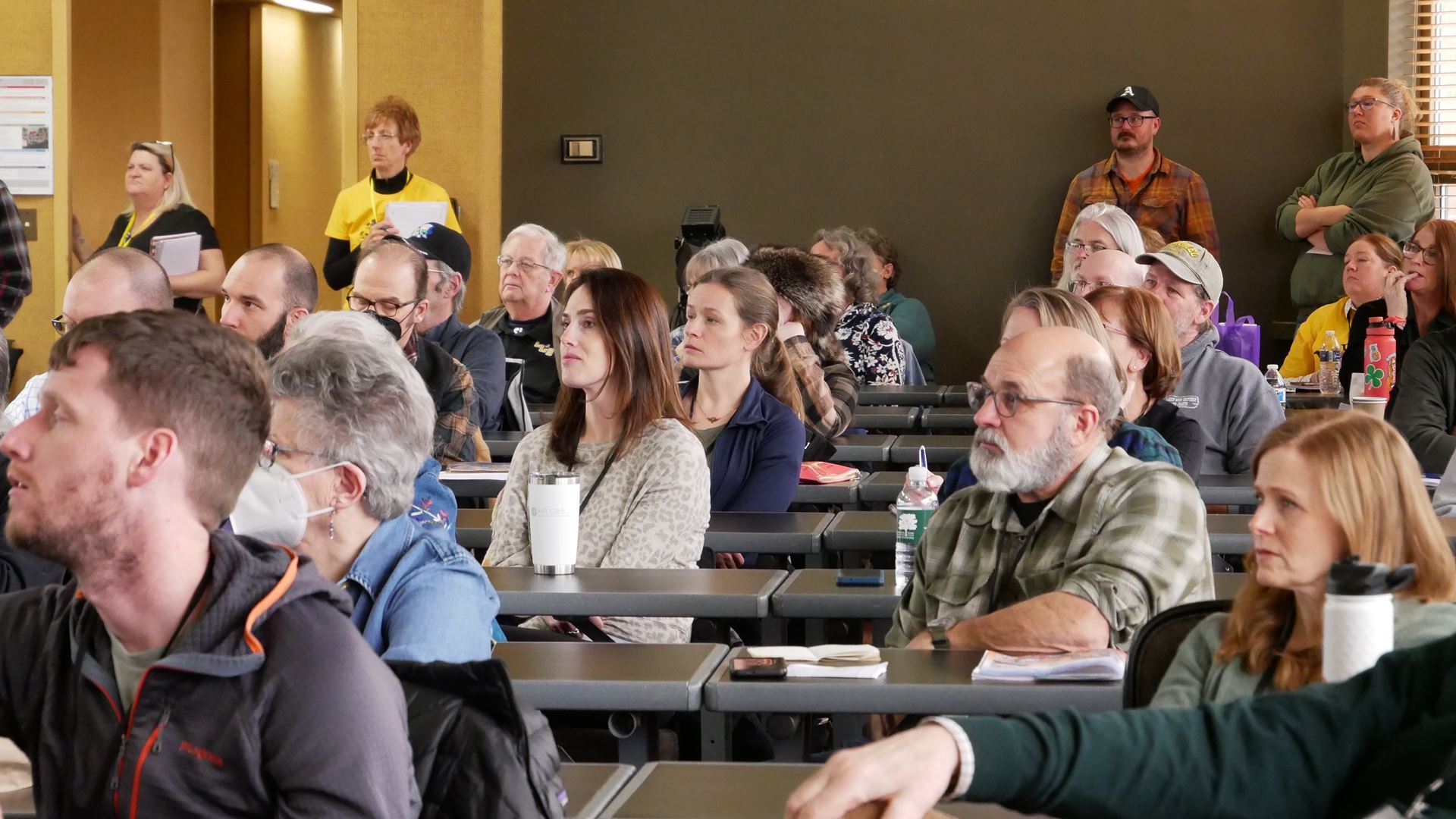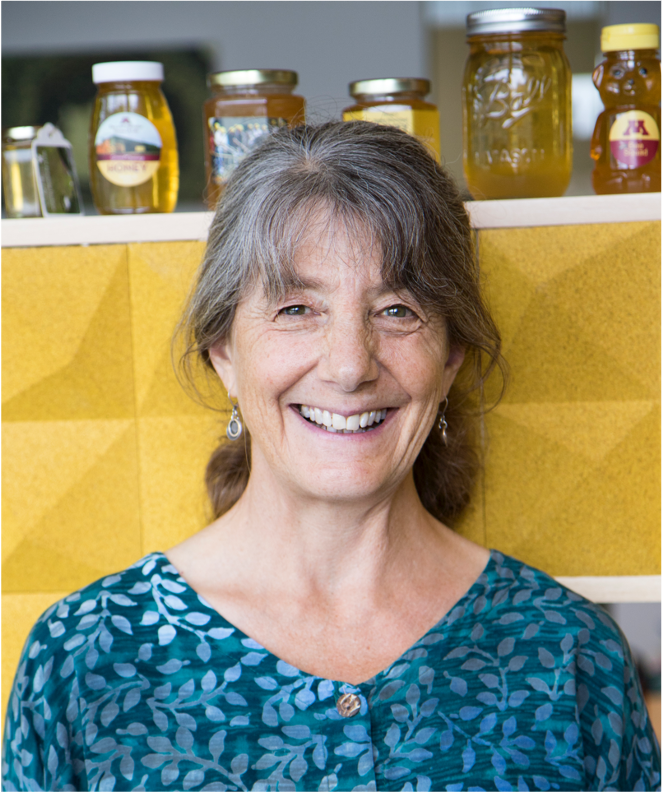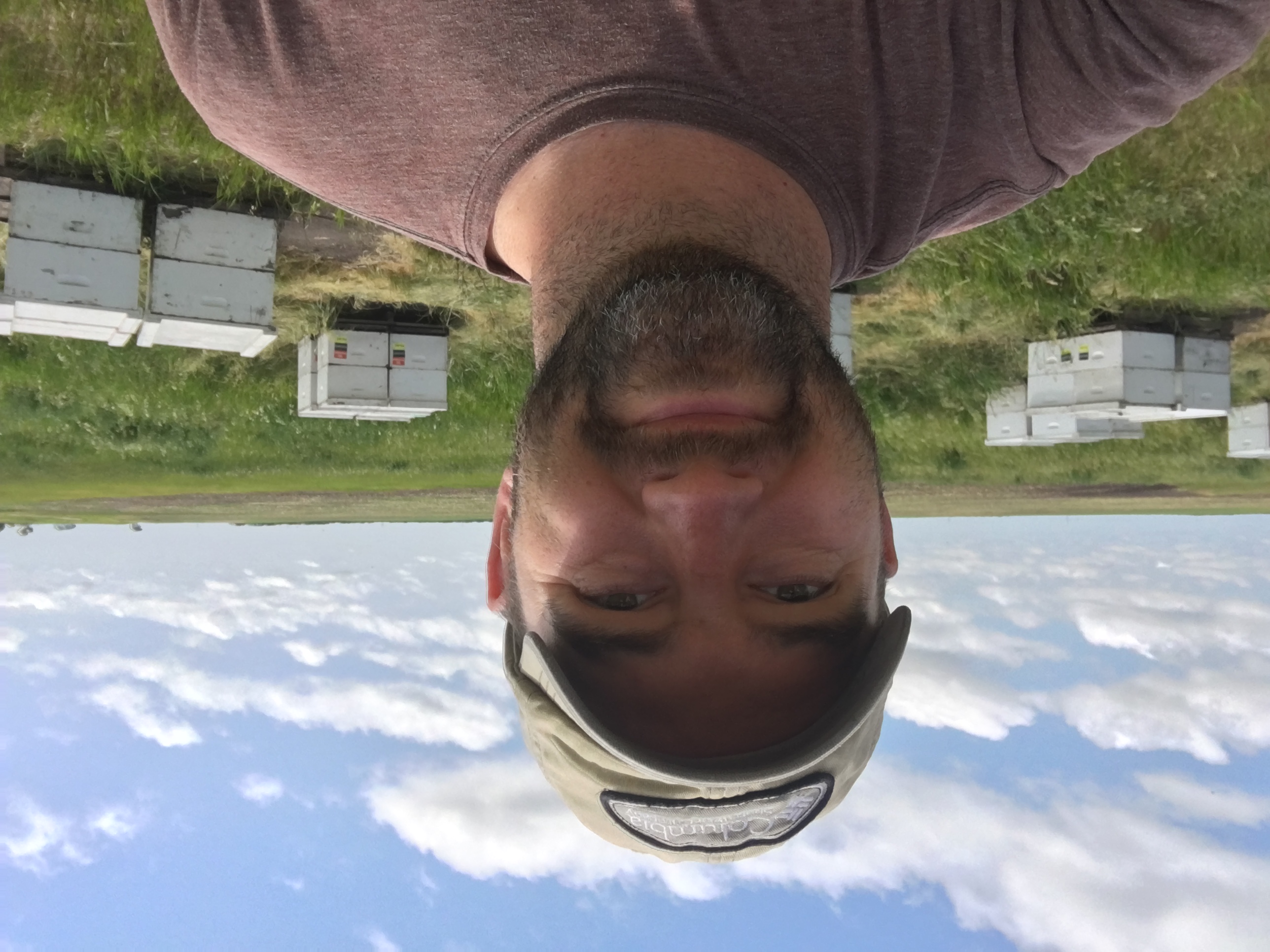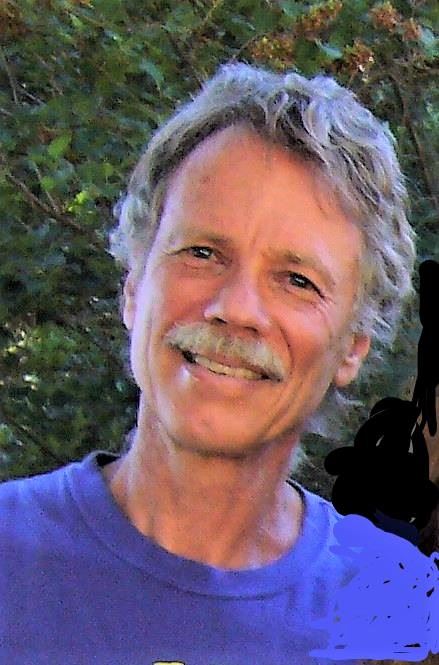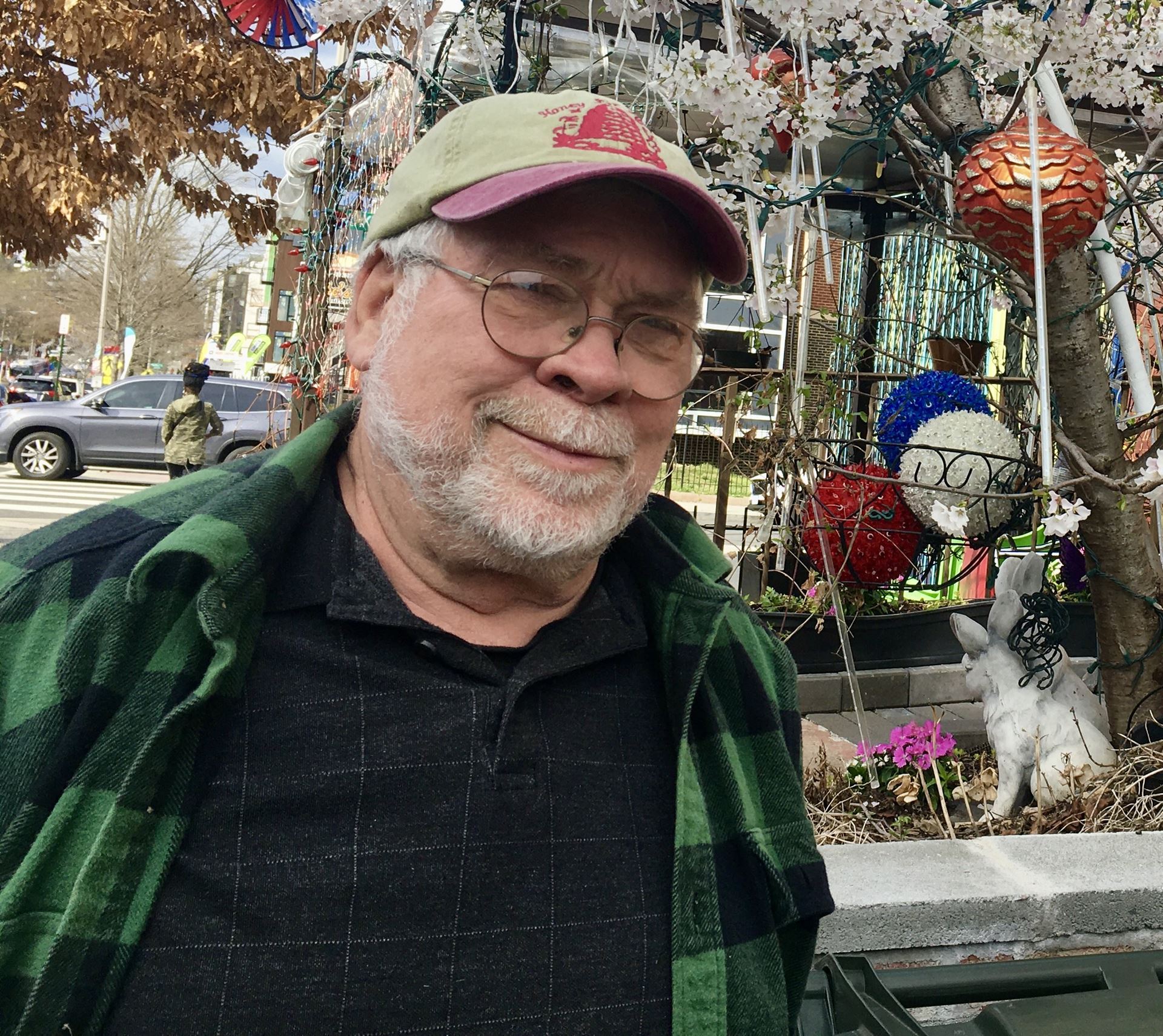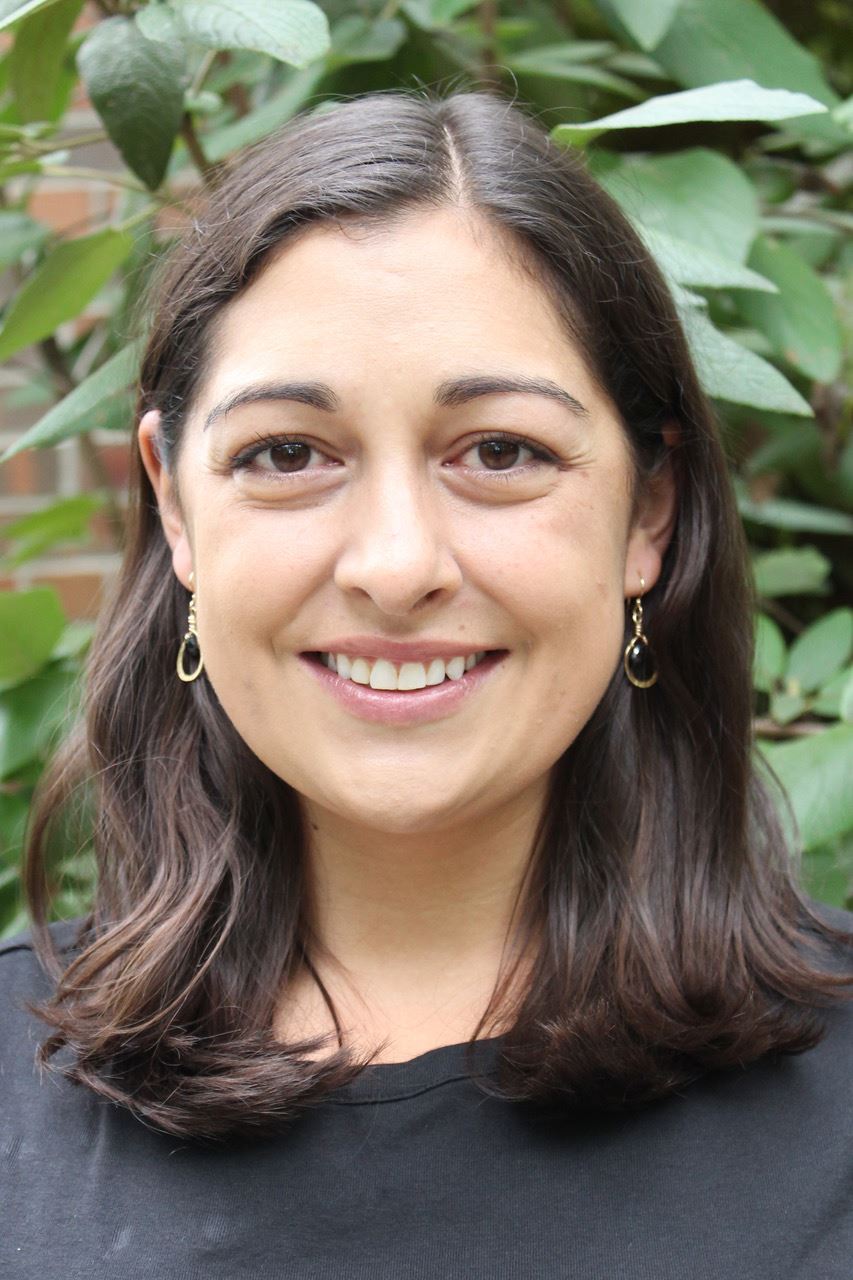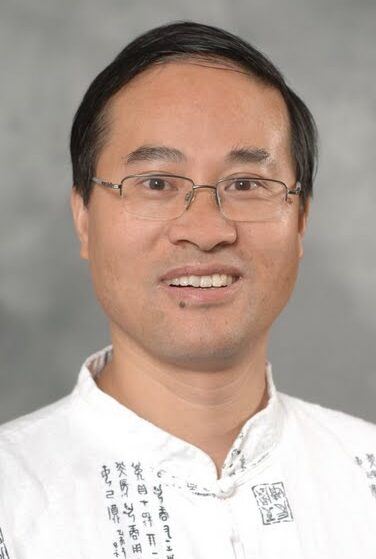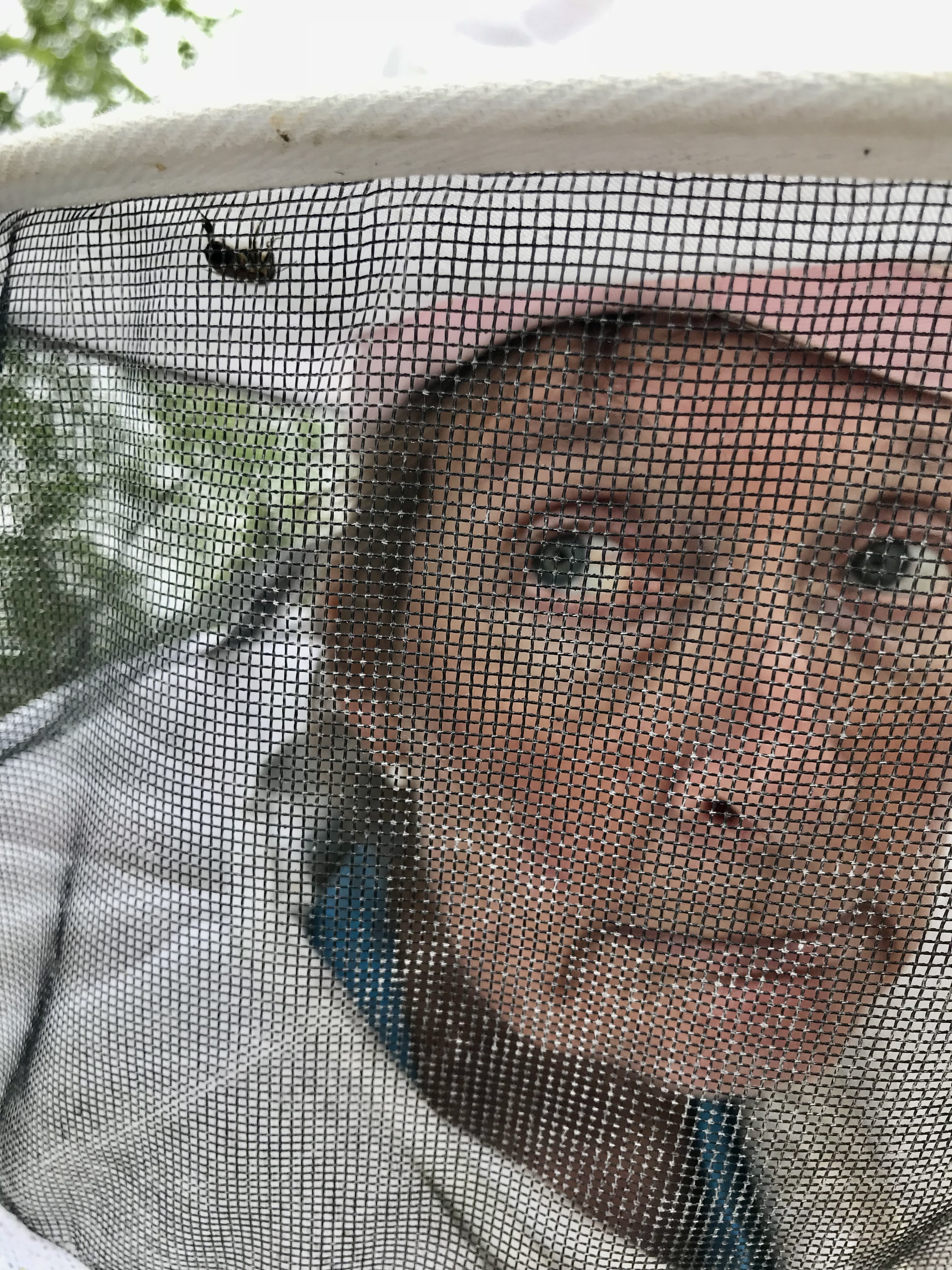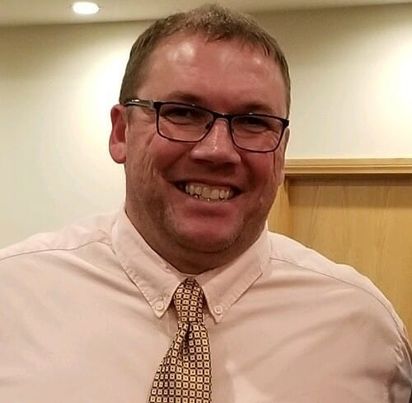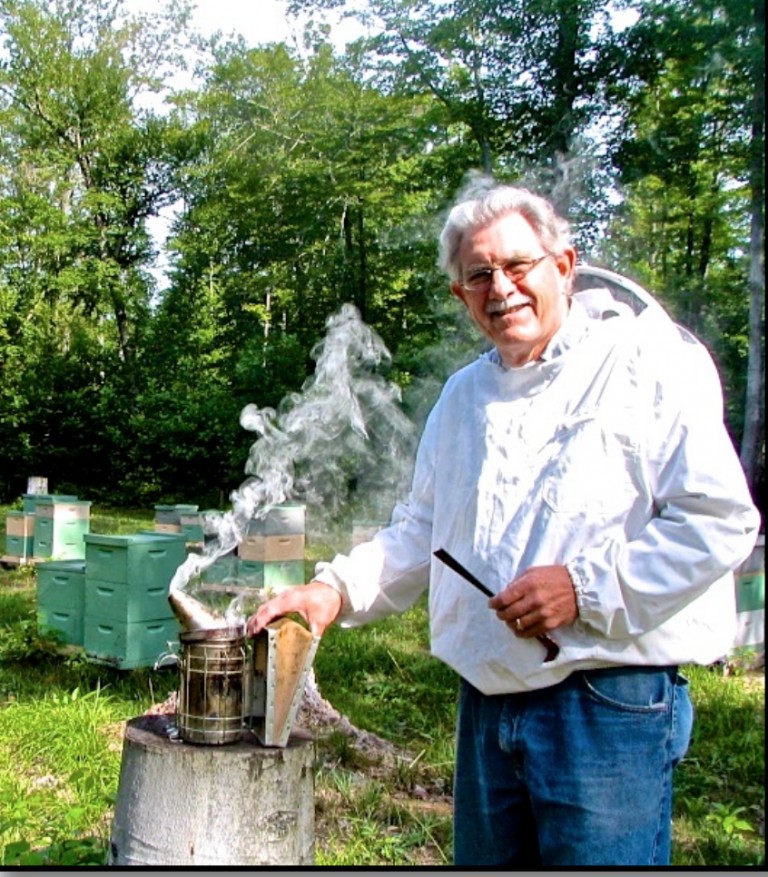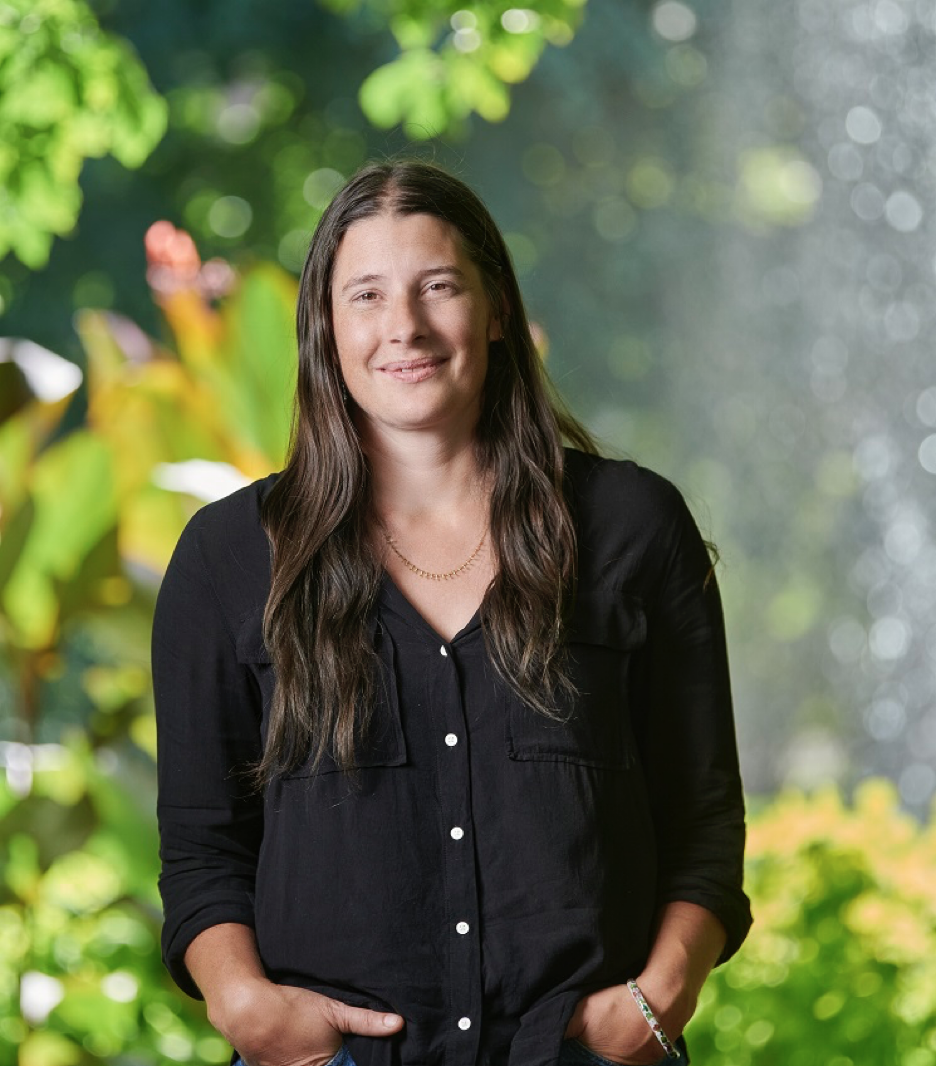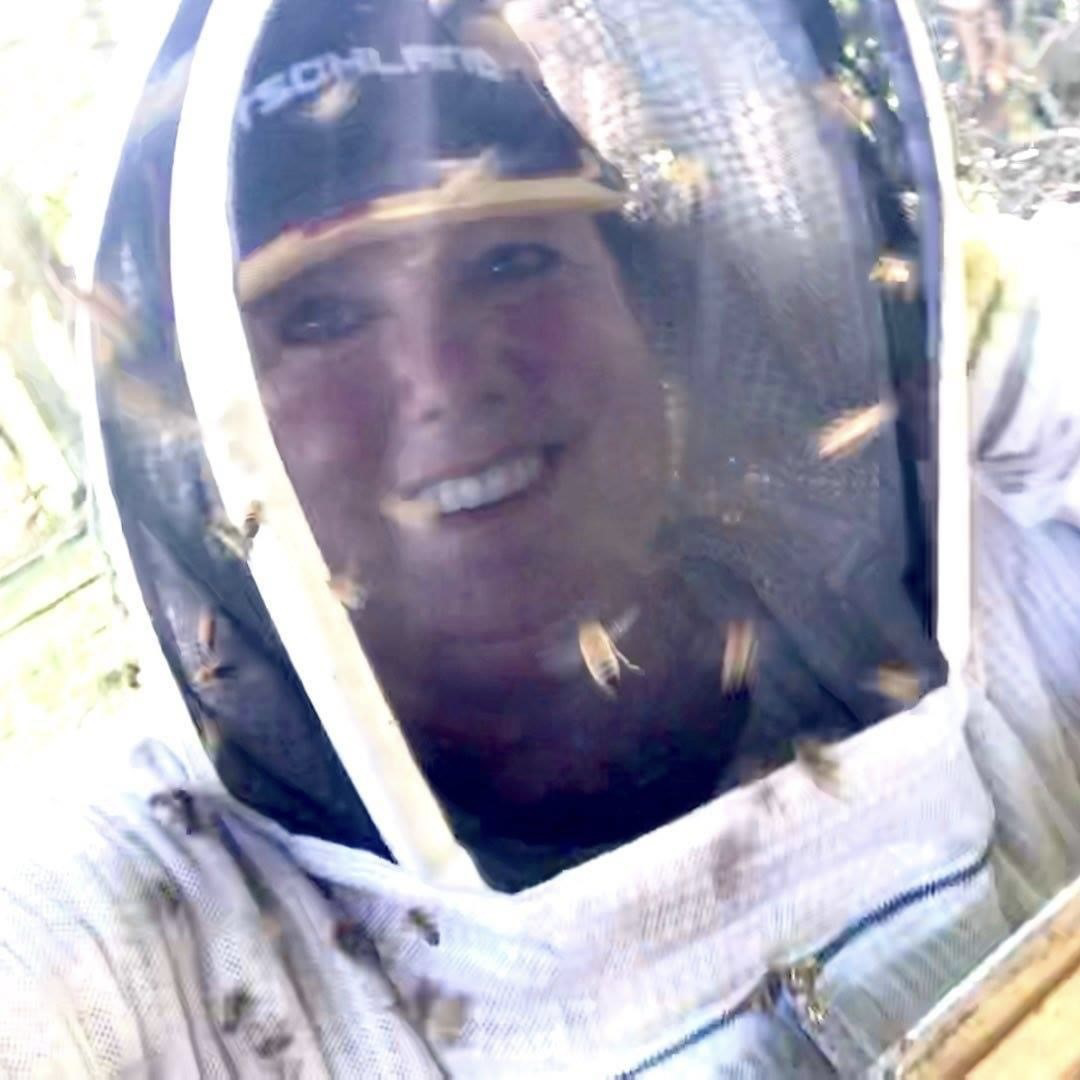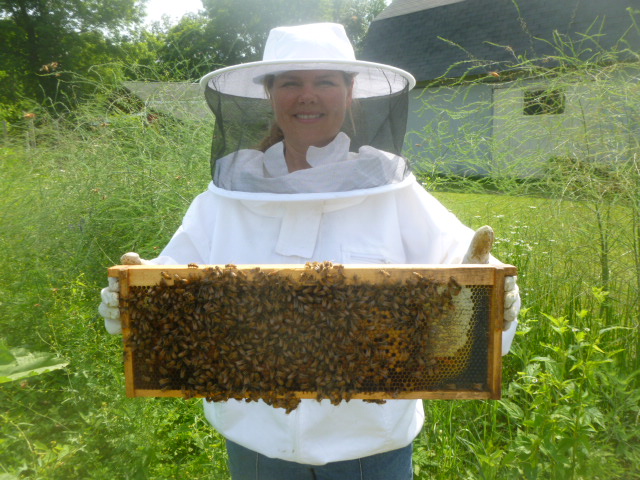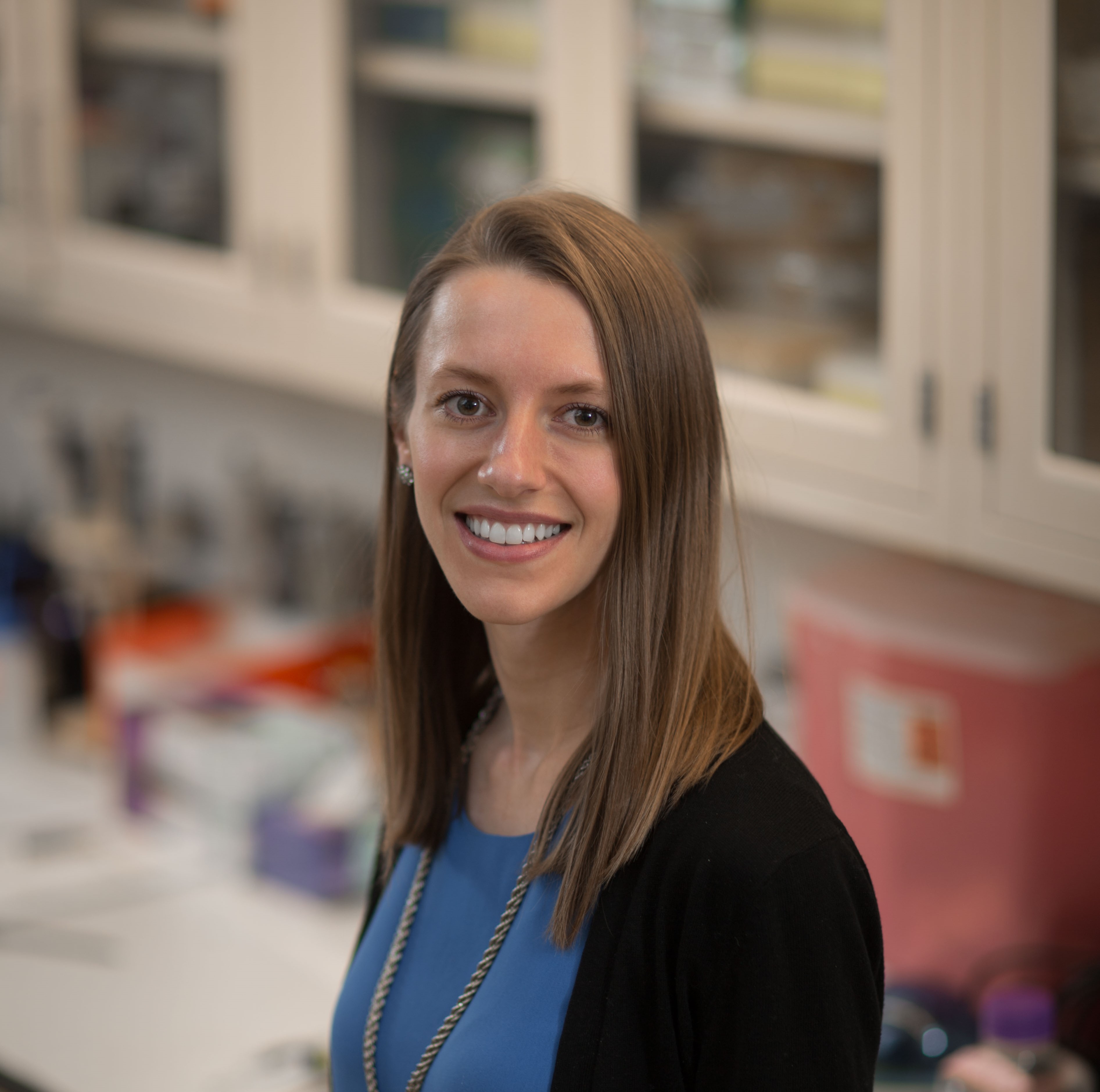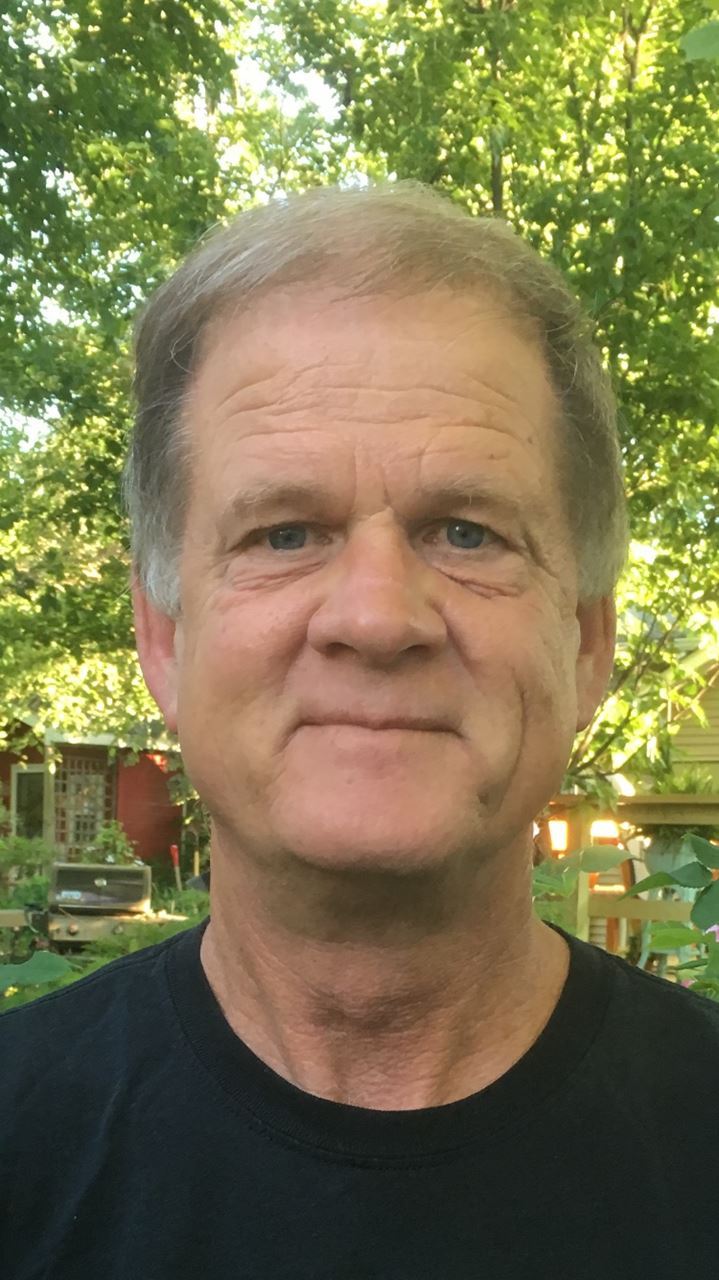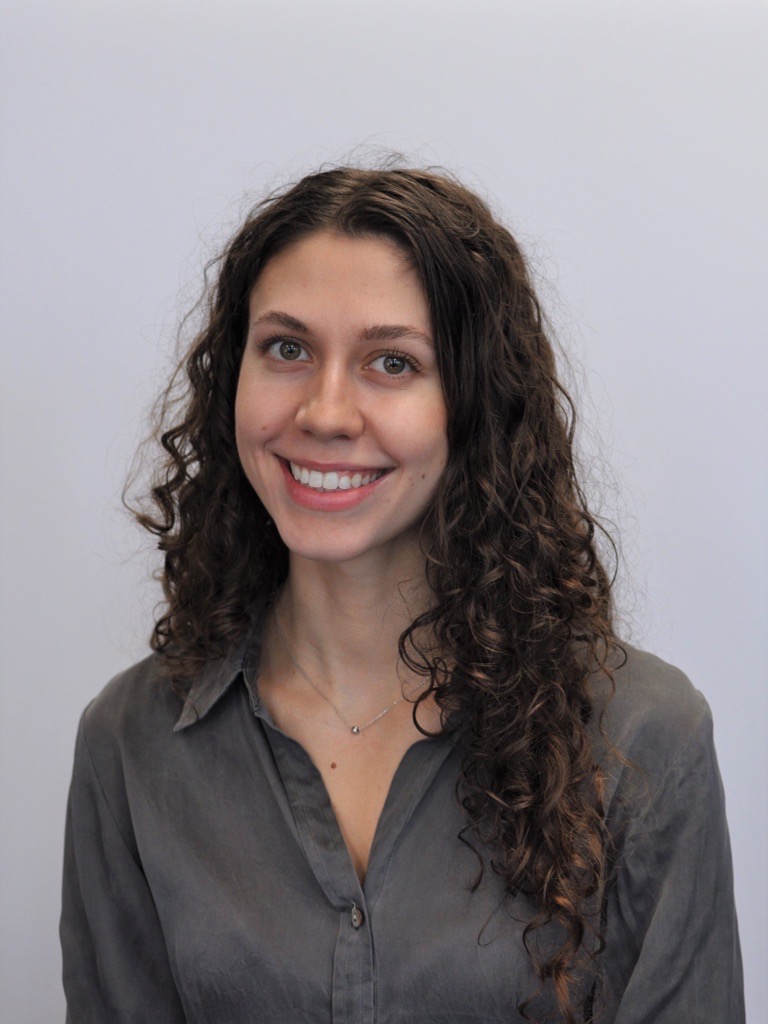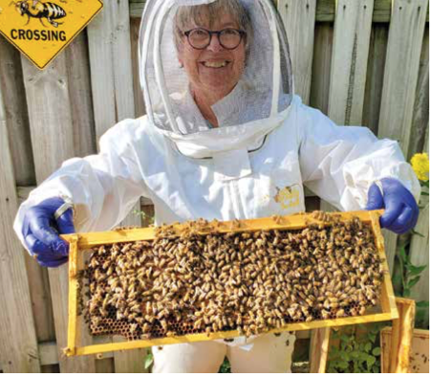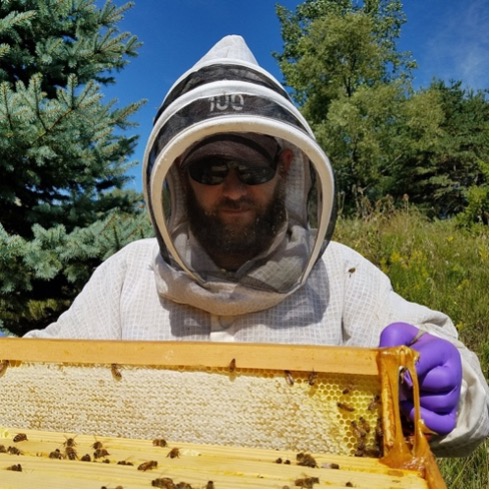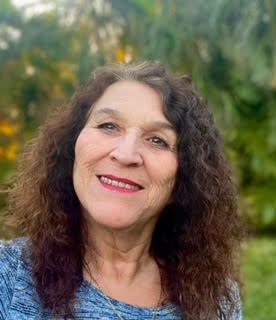Michigan Beekeepers Association |
| 2023 MBA Spring Conference We are going to meet in-person for the 2023 Spring Conference and we are all excited about it! Saturday, March 11, 2023 7:30 am - 6:00 pm MSU Kellogg Center, East Lansing, MI $50 Members / $65 Non-Members * * * * * * * Pre-conference virtual Webinars: Free to Members - $20 Non-Members March 2 - Marla Spivak; March 7 - Frank Rinkevich/USDA; March 9 - Randy Oliver Sponsors: Michigan Beekeepers Association & Michigan State University Extension *Keynote: David Peck, Director of Research and Education, Betterbee *Multiple tracks for beginners *All-day track on sustainable beekeeping *Beeswax crafts *Presenters include: Meghan Milbrath, Mel Disselkoen, James Lee, Adam Ingrao *The best local vendors for all your beekeeping needs *Melliferous tree program *Social hour 5:00 PM - 6:00 PM : Mead and Bee's Knees Cocktails Online Registration is Closed. Walk-in registration will be Open at the Conference. |
Speaker Bios Pre-Conference Webinars |
| Marla Spivak Title: Social Immunity: Honey Bees' Health Care System Description: I will discuss two components of social immunity, propolis collection and hygienic behavior, and how they contribute to honey bee colony health. I will also discuss our progress in selecting honey bee colonies for resistance to Varroa mites and viruses. Bio: Marla Spivak is a MacArthur Fellow and McKnight Distinguished Professor in Entomology at the University of Minnesota. Her current research efforts focus on protecting and enhancing the health of bees through social immunity and bee breeding. |
Frank Rinkevich Bio: Dr. Rinkevich is a Research Entomologist at the USDA-ARS Honey Bee Breeding, Genetics, and Physiology Laboratory. A major focus of his research is on the prevalence of amitraz resistance in Varroa, factors that affect amitraz toxicity, and development of effective miticide applications for amitraz resistant Varroa. Topic: We will discuss 4 years of amitraz resistance monitoring in Varroa, effects of geography and apiary distance on distribution of resistance and conditions needed to accurately interpret resistance test results. |
| Randy Oliver Oliver is a commercial beekeeper from California, whose management decisions are based upon the understanding of bee biology. He performs applied research for the benefit of beekeepers worldwide, and shares information at his website ScientificBeekeeping.com Randy Oliver Grass Valley, CA 530 277 4450 |
Speaker Bios Saturday Morning |
| Rich Wieske, MBA President All my life i hated meetings, quiet, introvert, discovered mead, then apis mellifera and all i can say is that “the bees made me do it.” A life long camera operator and media production company owner, mushroom hunter and tree hugger, travelled around the world on a ship and love making candles and chocolate truffles. Currently, president: Michigan Beekeepers Association (MBA) and Educational Director of the Southeastern Michigan Beekeepers Association (SEMBA) and past president Heartland Apicultural Society (HAS) Love going to conferences and talking with beekeepers, some of the greatest people in the world. |
| David Peck, Ph.D. Morning Keynote: Collective Intelligence in Honey Bees - The dance language and decision making Learn how the dance language of honey bees allows colonies to collectively make decisions about where to forage, when to forage, and where to live. Drawing on a century of illuminating research by bee scientists around the world, we'll explore how a colony made up of tiny-brained insects are able to make remarkably intelligent decisions by communicating with each other.a Bio: Dr. Peck is the Director of Research and Education at Betterbee in Greenwich, NY, where he assists in product development and research, and also teaches classes and develops scientifically-sound educational materials. His doctoral work in Cornell University's Department of Neurobiology and Behavior was supervised by Professor Tom Seeley. His dissertation research focused on the transmission of mites between bee colonies, as well as the mite-resistance traits of the untreated honey bees living in Cornell's Arnot Forest. After earning his degree, he has continued to research varroa/bee interactions, including fieldwork in Newfoundland, Canada (where varroa still have not arrived) and Anosy Madagascar (where varroa arrived only in 2010 or 2011). He has served as a teaching postdoctoral fellow in Cornell's Department of Entomology, and is still affiliated with Cornell through the Honey Bee Health program in the College of Veterinary Medicine. Dr. Peck has kept bees for more than a decade, though his home apiary is often full of mite-riddled research colonies so he doesn't usually produce much honey. |
| Ana Heck, Apiculture Extension Educator, Michigan State University MSU Extension Programs & Resources for Beekeepers Michigan State University Extension has many programs and resources to support beekeepers. Ana Heck will share opportunities for beekeepers to learn about honey bee health, colony management, and other ways to support pollinators. Bio: Ana Heck is Michigan State University's Apiculture Extension Educator. She began working with honey bees in Nicaragua, and then she worked with the University of Minnesota Bee Squad and Michigan State University's Department of Entomology before joining Extension. Her role engages beekeepers, growers, pesticide applicators, and home gardeners to improve the health of pollinators. Ana holds a Master’s degree in Public Policy and a graduate minor in Entomology from the University of Minnesota. |
| Zachary Huang Zachary Huang is an associate professor in entomology at Michigan State University. Zachary grew up in a small village in Hunan, China and went to college to study agriculture in the first batch of students following the cultural revolution. During the early 1980s, he received a scholarship to study honey bees in Canada, and in 1998, he came to MSU. Zach’s research includes stresses on honey bee behavior, physiology and colony performance, Nosema apis, Nosema ceranae, Varroa destructor, extreme temperatures, transportation, pollination and pesticides. He blogs regularly about honey bee flowers at bees.msu.edu. |
Speaker Bios Track 1
| Charlotte Hubbard The Way Forward: Charlotte will review best practices and common pitfalls to help prepare you for successful early-stage beekeeping. Charlotte, a beekeeper since 2008, now manages about a dozen colonies. She and her late husband Marshall routinely ran 30 – 50 colonies, with excellent overwintering survival. Michigan’s 2018 Beekeeper of the Year, Charlotte is the lead instructor for KVCC’s beekeeping program, a board member for the Kalamazoo Bee Club, and author of numerous articles and books on beekeeping, including a chapter in Honey Bee Medicine, a veterinary textbook. All profits from her writing and charity go to feeding the homeless in SW Michigan. Learn more at www.hubbardhive.com. |
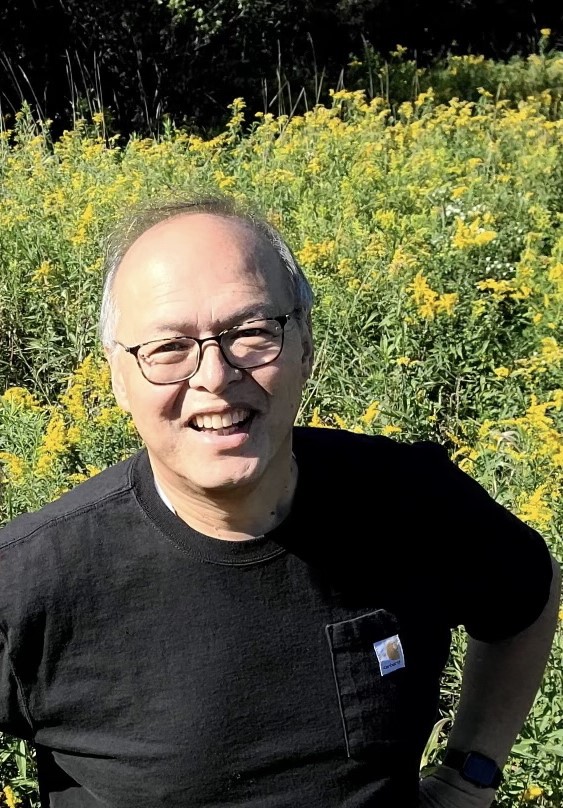 | Preston Zale Managing Bees & Expectations: Preston will overview the first year of beekeeping, outlining what to expect in terms of time, cost, equipment needs and other challenges. Preston, has been keeping bees for nine years. As a hobbyist, he keeps 10 to 20 hives each season and likes to experiment with new tools and techniques. Preston loves to demonstrate and teach about bees and beekeeping at area schools, Oakland Township’s Cranberry Lake Park, Seven Ponds Nature Center, and at the SEMBA Beekeeping School. His underlying philosophy for new beekeepers is “Find what works for you”. Preston is president of the Seven Ponds Beekeeping Club in Dryden. |
| Jan Lawson The First Two Months: Jan will overview preparing for bees arrival, installation, and key initial activities and checks for about the first two months of beekeeping. I started beekeeping in the late 1960s when I was 14 years old. I really didn’t know what I was doing, so I learned by trial and error, which was much easier back then. There were very few bee clubs and I didn’t have a mentor,so when I got myself into serious trouble Roger Hoopingarner was just a phone call away. He was always patient and rescued me many times. These days I’m searching for the magic number of bee hives. That number where beekeeping is fun, especially on those hot summer days. I can occasionally be found at the Dadants Bee Store where I “work” part time. If I’m not there, I’m in the garden or in the bee yard. |
| Jason Towers The who, what, why, where, when and how- Honeybee Biology. Jason Towers is a 7th year beekeeper, President of the Fremont Area Beekeepers and graduate of the MSU Hero’s to Hives program. When someone mentions the word biology their typical response is “What do I need to learn that for? I just want to keep bees”. The fact is that everything the bees do, who they are, how they do it, when they do it and why they do it, all reverts back to their biology, or makeup of the honeybee. This session is built on what I wish I would have known or better understood when I first began keeping bee- The who, what, why, where, when and how of the honey bee. |
Speaker Bios Track 2 |
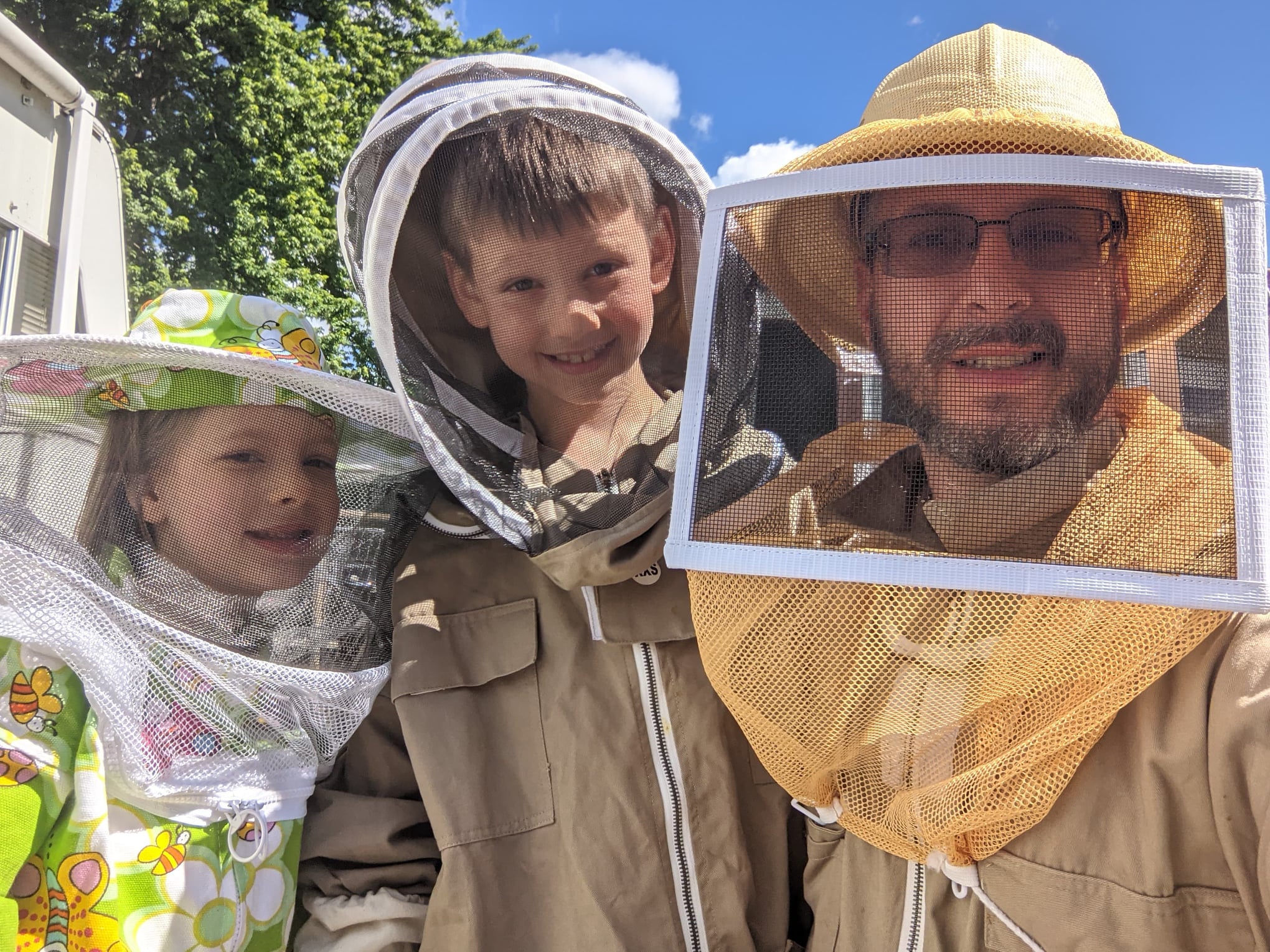 | James Lee James Lee is the President of the Sustainable Beekeepers Guild of Michigan. As a forensic social worker he’s intrigued by the why behind the how. He’s the owner of James Lees Bees in Romulus, MI where he manages 30-40 colonies pursuing sustainability in apiculture and small-scale food systems. Talk Title: Treatment-Free Beekeeping and Sustainability – Can they Co-Exist? This presentation will outline sustainable practices, the role of selective breeding, pest management, and how small-scale beekeeping can contribute to the species-level fight against Varroa destructor. |
| Mel Disselkoen Presentation On the Spot Queen Rearing BIO: Mel Disselkoen was born on a farm in South Dakota. He grew up with an independent farming mentality of hard work and creative problem solving. A Master Beekeeper, he has kept bees for over 50 years and is familiar with all facets of beekeeping. Today Mel enjoys observing honeybee behavior and teaching beekeepers how to use his OTS queen rearing method to self-sufficiency reach their objectives. A creationist and naturalist, Mel sees the honeybee as an exquisitely-designed being that unites the plant and animal kingdoms and therefore he is devoted to its well-being and protection. |
| David Peck, Ph.D. Second presentation during the sustainability track: Keeping bees alive in the middle of a parasite-host evolutionary arms race In this talk we will examine the history of the varroa mite, and discuss the challenges our bees face in keeping varroa mites at bay. We will discuss the evolutionary pressures that affect disease-causing organisms, and we'll see how varroa mite transmission between colonies only makes things worse. Finally, we'll explore different weapons in your mite-control arsenal, including the use of partially mite-resistant bees, to keep varroa a manageable pest in your hives. Bio: Dr. Peck is the Director of Research and Education at Betterbee in Greenwich, NY, where he assists in product development and research, and also teaches classes and develops scientifically-sound educational materials. His doctoral work in Cornell University's Department of Neurobiology and Behavior was supervised by Professor Tom Seeley. His dissertation research focused on the transmission of mites between bee colonies, as well as the mite-resistance traits of the untreated honey bees living in Cornell's Arnot Forest. After earning his degree, he has continued to research varroa/bee interactions, including fieldwork in Newfoundland, Canada (where varroa still have not arrived) and Anosy Madagascar (where varroa arrived only in 2010 or 2011). He has served as a teaching postdoctoral fellow in Cornell's Department of Entomology, and is still affiliated with Cornell through the Honey Bee Health program in the College of Veterinary Medicine. Dr. Peck has kept bees for more than a decade, though his home apiary is often full of mite-riddled research colonies so he doesn't usually produce much honey. |
| Meghan Milbrath MSU Update Sustainable beekeeping panel Join our speakers and special guests for an extended Q & A as well as a discussion on how we can make our beekeeping more sustainable – from breeding better queens to being self-sufficient. Bio: Meghan Milbrath is an assistant professor in the Department of Entomology at MSU, where she studies honey bee diseases, focusing on transmission risk and treatment. Dr. Milbrath is also a beekeeper - she began working bees over 25 years ago as a hobby, and since 2011, has run The Sand Hill Apiary, a small livestock and queen rearing operation in Munith, Michigan. She studied biology at St. Olaf College in Northfield, MN, and received degrees in public health from Tulane University and the University of Michigan, where she focused on environmental health sciences and disease transmission risk. Meghan worked as a postdoctoral research associate at Michigan State University, studying nosema disease and in the honey bee lab at Swedish Agricultural University. |
Speaker Bios Track 3 |
| Pam Mackinder Starting a small candle making business Pam and her husband Craig own Mx6 Ranch & Honey Bee Yards in Munith, where they have raised 4 children amongst the bees, dairy cattle, chickens, & horses. Pam has kept bees for 8 years, and after medically retiring out of the fire service 5 years ago, began to make beeswax candles. Her candles & honey can be found in several stores in Michigan as well as one in Wisconsin. |
Amy Fester Is an active member of the Grand Rapids Area Beekeepers Club and is looking forward to her 10th year in beekeeping. A friend introduced her to the hobby of DYI projects with beeswax and now She’s hooked! Loves learning how to use beeswax in skincare projects. The Gift of Beeswax Come learn some history and folklore of beeswax. Leave with ideas of creating/selling your own products that are gifts from the hive. |
| Dr. Emily Mayhew Presenter bios: Emily Mayhew is an Assistant Professor of Food Science at MSU with a research background in smell, sensory science, and chemistry. She studies how the chemical properties of foods shape their sensory properties and how the aromas of foods influence their taste characteristics. |
| Mike Connor Mike Connor is a Certified Arborist, Nursery Grower, and an experienced Beekeeper. He grew up on an orchard and Christmas tree farm in Southwest Michigan and purchased his first hive of bees when he was 12 years old. He is in a unique position to understand the relationships between plants, trees, and bees. A graduate of Cornerstone University, with post-graduate studies at MSU, Mike became a Branch Manager of a national Bee Supply manufacturer, Dadant and Sons, in 1977. At Dadants he received a practical education in beekeeping from some of the best beekeepers in the world. He left Dadants in 1985 to start his own tree Nursery and operate 200 hives of his own. Including a 7-year commitment as a Municipal Arborist and Park Superintendent, Mike has spent his entire career growing and caring for plants, trees, and bees. He is a co-founder of the Grand Rapids Area Bee Club. |
| Hannah Mulheron Hannah Mulheron is a food science master’s student at MSU researching the sensory characteristics of honey. This includes isolating aroma volatiles found in honey and measuring their impact on the perception of sweet and bitter taste. The end goal is to increase food palatability without high quantities of sugar. |
| Terry Kane Terry earned an MS in Ecology from the University of Illinois, Chicago and took beekeeping while attending veterinary school at University of Illinois, Champaign-Urbana. She founded Michigan’s first feline-only hospital in 1981. After decades of practice, she pivoted to policy concerns, and received a fellowship to serve in the U.S. Senate. There she worked on the Farm Bill, emerging diseases, antibiotic resistance, and the FDA-VFD ruling. When she returned home to Michigan, she came back to beekeeping and founded A2 Bee Vet, devoted to honey bee medicine. She is co-editor of Honey Bee Medicine for Veterinary Practitioners. |
| Adam Ingrao Bio: Adam Ingrao holds a BS in Plant Science and a PhD in Entomology. He is the Co-Founder/National Director for the Heroes to Hives program and instructor for the Great Plains Master Beekeeping program. He co-owns Bee Wise Farms in Newberry, MI and supplies nucs, queens, and education for Northern beekeepers. Session Description: Developing an Accessible Apiary: In this session, we will discuss how to develop, implement, and maintain an apiary that is accessible and safe for individuals with physical limitations. |
| Kristine Jacobson Part one: Apitherapy, Rx for Health, Naturally from the Honeybee Part two: Practical BVT Application, basic beginner strategy, various BVT treated histories, BIO: Kristine Jacobson is an Apitherapist and Beekeeper. She has been administering BVT since 2003 and she has been and continues to be a featured speaker/presenter of Apitherapy for many local and national organizations. Kristine has also been featured on The Travel Channel. |
